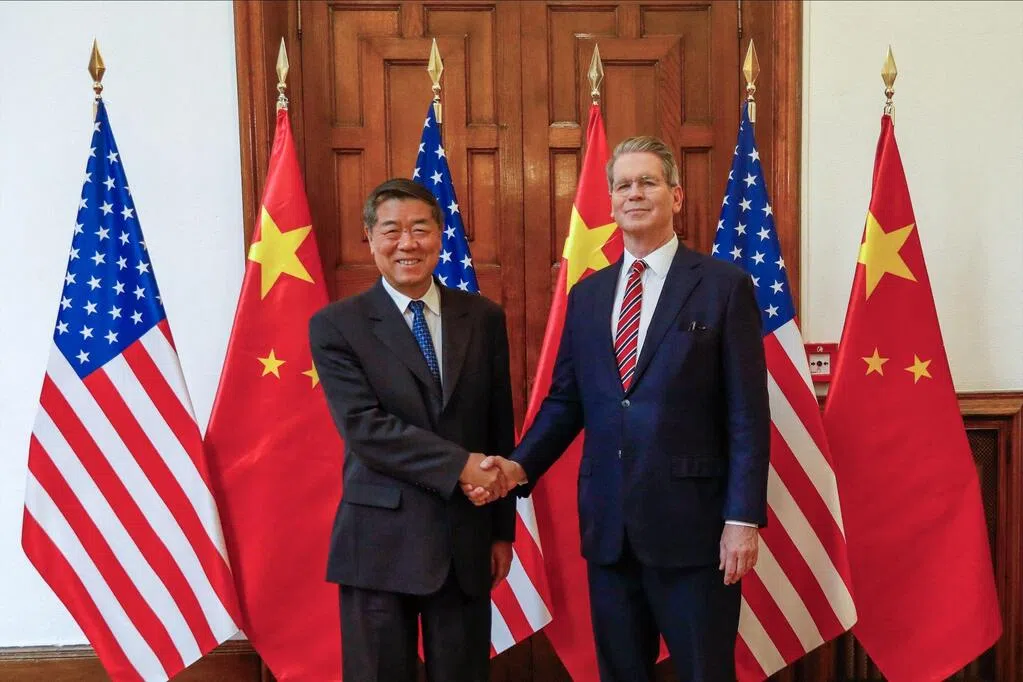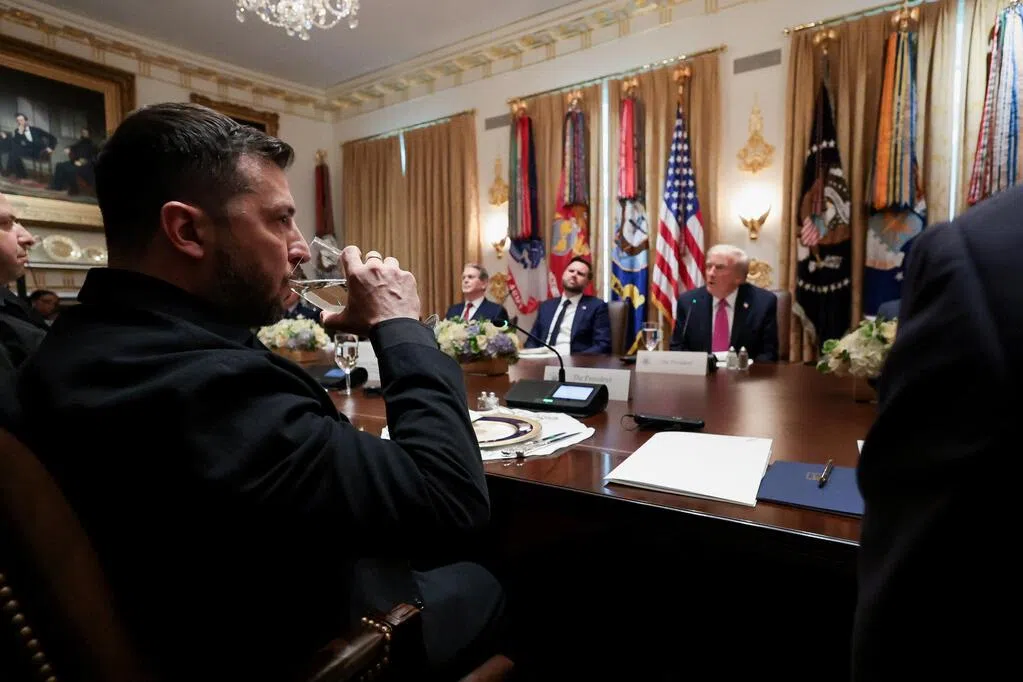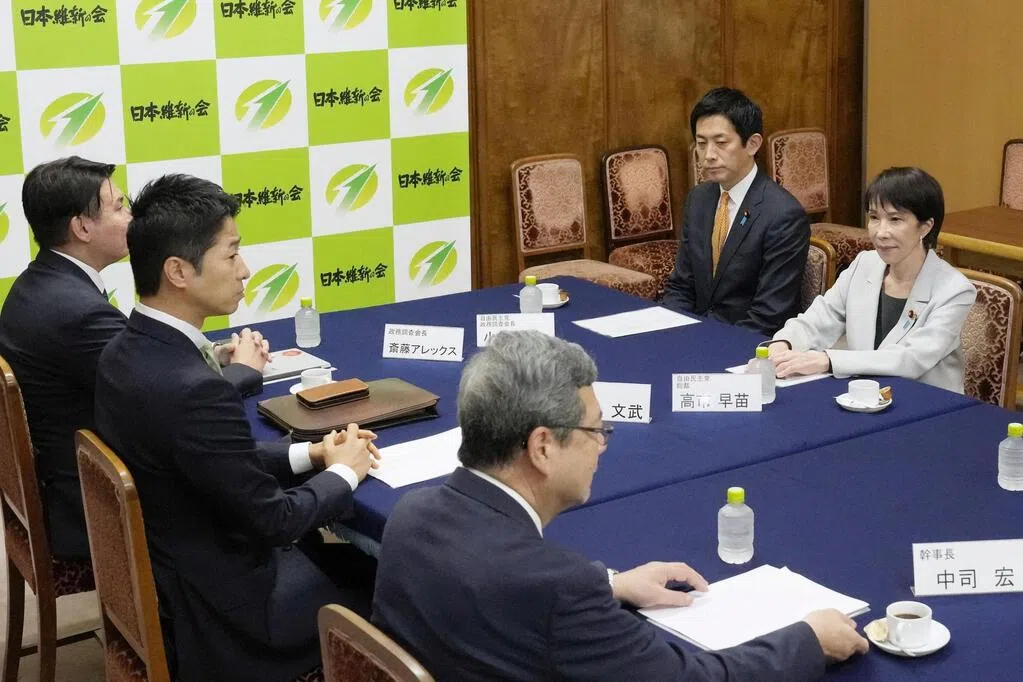(Bloomberg, Washington) – As China and the United States prepare to return to the negotiating table, US President Trump has listed rare earths, fentanyl, and soybeans as his top three trade concerns with China.
Aboard Air Force One on Sunday (October 19), Trump emphasized to reporters that he does not want China to "play games" with rare earths and demanded that Beijing "stop with the fentanyl issue." He also accused China of failing to effectively curb exports of fentanyl and its precursor chemicals, exacerbating the US opioid crisis. Another key demand from Trump is that China resume soybean purchases, calling all three issues "very normal."
After Beijing announced export controls on rare earths and other key minerals on the 9th of this month, Washington announced the following day that additional tariffs on China would be 100% effective November 1st. Although the Chinese and US presidents are expected to meet at the Asia-Pacific Economic Cooperation (APEC) summit in South Korea at the end of this month, analysts believe the chances of a trade agreement have significantly decreased.
Speaking about the latest tariff threat, Trump said in an interview with Fox News on Sunday that such tariffs are "unsustainable, but maintainable." He insisted that his relationship with Chinese leader Xi Jinping is good, but stressed that both sides must reach a "fair agreement."
Chinese Foreign Ministry spokesman Guo Jiakun responded on Monday (20th) that China's position on Sino-US economic and trade issues is consistent and clear. He emphasized that tariff wars and trade wars are not in the interests of either side, and that both sides should negotiate and resolve any issues on the basis of equality, respect, and mutual benefit.
Further reading

Soybeans have been a key bargaining chip for China in this protracted trade dispute. Last year, China purchased approximately $12.6 billion (S$16.3 billion) of US soybeans, but this year has shifted its focus to South American markets, fueling growing discontent among US farmers, a key constituency for Trump.
The fentanyl issue, long seen as a potential area for progress, led to Trump imposing a 20% tariff on all Chinese goods earlier this year, in response to the flow of illegal fentanyl into the US. Despite tightening controls on two chemicals used to make the drug in June, Beijing has repeatedly reiterated that the US's drug problem is its own responsibility.
China is seeking to allay concerns about tightening its controls on rare earths, which are crucial for manufacturing everything from fighter jets to smartphones and even car seats. The move is intended to mitigate international backlash. Officials familiar with the matter revealed that China has assured other countries that tightening rare earth export controls is intended to establish a long-term mechanism to respond to US provocations and will not disrupt normal trade flows.



